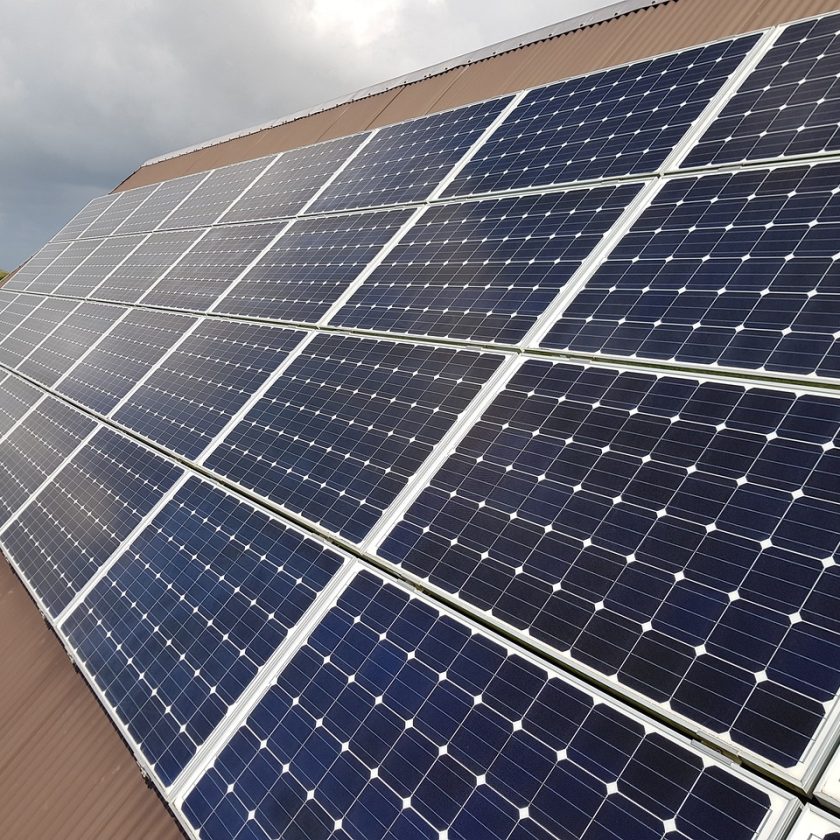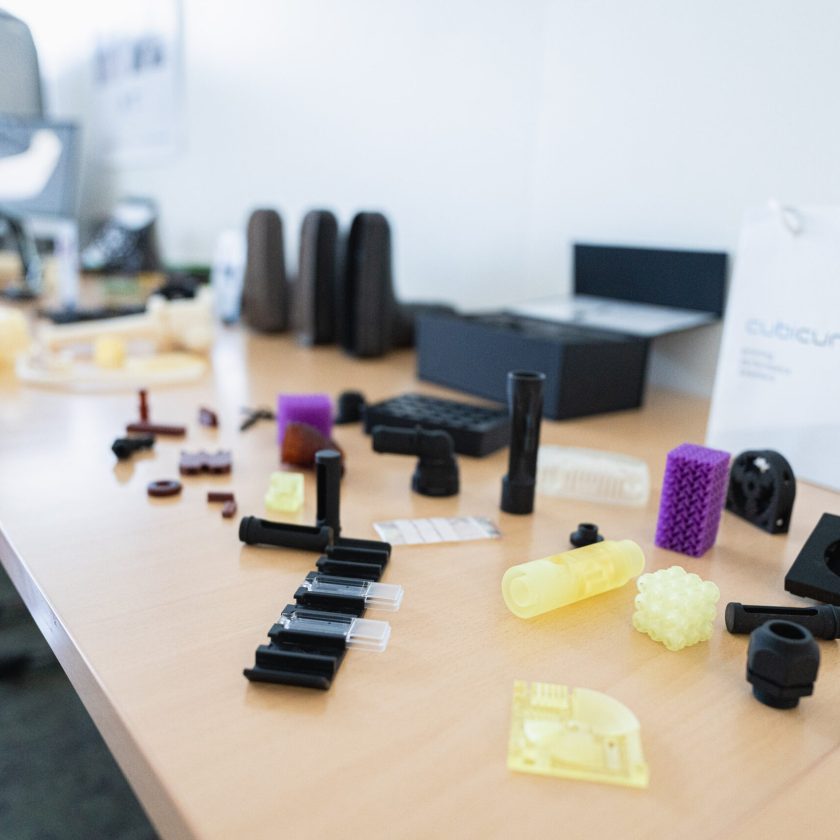As an accredited testing and inspection body, we are familiar with the European standards landscape and can provide you with advice and support. With decades of testing and development expertise, we act as an important partner to the manufacturing industry. Our expert opinions form the basis for further developments. We offer multidisciplinary know-how under one roof, which both the rail vehicle industry and the automotive industry rely on. Comprehensive expertise in the areas of bonding technology, environmental simulation and material analysis round off our portfolio.
Material testing is our competence
We are deeply involved in materials analysis, especially the chemical-physical composition of materials. We analyze how materials behave under different conditions and in a wide variety of material composites. We test parameters such as temperature resistance, elasticity and bonding behavior, viscosity, abrasion resistance, and many more.
Our range of services includes
- Material characterization (chemical, mechanical, physical, fire / examination of compliance with normative or legal regulations)
- Additive analytics
- Safety of products during their application (e.g. content of residual monomers, heavy metals, etc.)
- Migration behavior of food and pharmaceutical packaging, commodities and toys
- Volatile components / product emissions (e.g. automotive interiors, floor and wall coverings, building materials)
- Permeability tests (water vapor, gas and solvent permeability of products)
- Indoor air measurements in living rooms and workplaces
- Analytical characterization of waste and wastewater
- Tests from
- Binder base
- Pigments and fillers
- Solvent composition
- Trace analysis for additives (e.g. plasticizers, biocides, stabilizers, crosslinkers)
The advantages for you
- Fast, flexible and unbureaucratic processing of test orders
- Consulting and interpretation of results through extensive material knowledge at OFI, especially in the field of plastics
- Accreditation and detailed knowledge of the European standards landscape
- Local, Austrian contact for internationally valid tests
Our test offer
- Thermal analysis, e.g. low-temperature embrittlement and glass temperature, softening temperature, temperature resistance, thermal elasticity behavior
- Trace analysis for impurities (e.g. heavy metals)
- Assessment of degree of cure, curing and setting behavior, residual monomer and residual solvent content
- Mixing ratios of multicomponent systems and resin-hardener systems
- Molecular weight determination and determination of the degree of crosslinking
- Acid number, degree of saturation/double bond number, ester and OH number
- Viscosity number according to EN ISO 307 and DIN 53728-3
- Heavy metal determination according to EN 71-3
- HPLC, HPLC-MS, TD/HS-GC-FID/MS, IC: Identification and quantification of extractable ingredients, degradation and reaction products.
- UV-VIS spectroscopy
- FTIR spectroscopy and microscopy for material characterization and material identification
- SEM/EDX: topography of surfaces, direct characterization of deposits, element spectra.
- TOC
- XRF , AAS, ICP-MS/OES: Metals in liquids or in solids
- Topographic analysis and photo documentation using high-resolution light microscopy
- Chemiluminescence for the determination of oxidation activity
- Determination of halogens by means of IC
- Determination of VOCs according to DIN EN ISO 16000
- Determination of water content according to ÖNORM EN ISO 15512
- Cleaning tests of surfaces (e.g. with water, with a surfactant-containing cleaning agent).
- Determination of moisture content (EN ISO 3344) and glass fiber content (EN ISO 3451)
- Determination of abrasion resistance according to EN ISO 5470-2
Methods we use for this
- Wet chemical processes
- Physico-chemical measurement methods (density, refractive index, …)
- FTIR spectroscopy and FTIR microscopy
- UV/VIS spectroscopy and photometry
- Thin layer chromatography (TLC)
- Gas chromatography (GC/MS, GC/FID, GC/WLD, thermodesorption, pyrolse GC, headspace GC)
- Liquid chromatography (HPLC)
- Thermal analysis (DDK, TGA, TMA, DMTA)
- Viscosity tests (in solution and in melt)
- Ion chromatography (IC)
- Atomic absorption spectrometry (graphite furnace and flame AAS)
- X-ray fluorescence analysis (XRF)
- Light and electron microscopy (incl. EDX analysis)
- Migration cells





